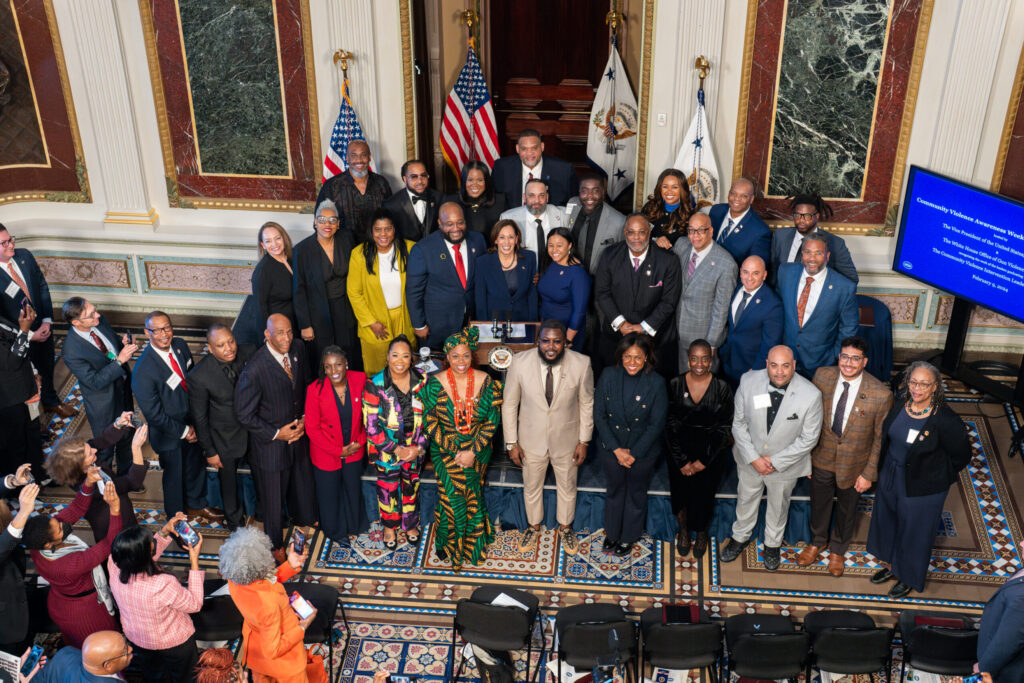Jun 2021
How the Pandemic is Accelerating Carjackings in Chicago
In 2020, Chicago saw more carjackings than in the previous two years combined. In our June Data Points column in the Chicago Tribune, we explore what is behind the recent surge. One much discussed (and debated) argument is that young people, teens particularly, are driving the increase. Taken together, evidence from carjacking arrest data, victim estimates of suspect age, clearance rates, and arrest trends in other cities indicate that increased youth involvement is driving the uptick in carjackings. This growing youth involvement suggests that the pandemic may be contributing to the rise in carjackings but not as a result of what many in the public might have assumed — economic dislocation. We see in the data, for example, that youth involved in carjacking are more likely to live in areas with lower internet access and school attendance, especially during the pandemic. We also show that Chicago is currently missing many potential contact points with these youth that could be used to, for instance, connect them to social services at a time when they need them most.
In any data analysis, there are many detailed decisions to make due to uncertainties or intrinsic limitations to the data themselves, as well as reasonable alternative choices about how to analyze and present the results. Because of limited space in the Datapoints column, we have omitted many of those details and sensitivity analyses from the published version. We provide those additional details here.

Webinar- Situational Decision-Making: A New Training to Improve Policing
The Crime Lab hosted a webinar on the findings of our recently released study, A Cognitive View of Policing, which evaluated a pilot of the Situational Decision-Making (Sit-D) police training program.
NCGVR Webinar: Interventions to Improve Police Effectiveness
In a recent webinar hosted by the National Collaborative on Gun Violence Research, Oeindrila Dube presented her findings on the evaluation of Situational Decision-Making, while Philip Cook discussed the evaluation of the Chicago Police Department’s Area Technology Centers.
BFI Research Brief: A Cognitive View of Policing
Read the research brief published by the Becker Friedman Institute (BFI) for Economics at the University of Chicago.

NBER Working Paper: A Cognitive View of Policing
Read the working paper published by the National Bureau of Economic Research.
Latest Updates
Chattanooga Police Chief John Chambers Completes University Of Chicago Crime Lab’s Policing Leadership Academy
Chattanooga Police Department Chief John Chambers graduated from the University of Chicago Crime Lab’s Policing Leadership Academy, an education program dedicated to reducing violent crime and improving police effectiveness.

Vice President Kamala Harris Recognizes the CVILA at White House Ceremony

Chicago Police Make an Arrest in Only 20 Percent of Fatal Shootings
The Trace’s Rita Oceguera and Justin Agrelo highlight only 20% of fatal shootings in Chicago result in an arrest. Philip Cook, a professor emeritus of public policy and economics at Duke University, has been working with the University of Chicago’s Crime Lab to examine clearance rates and has noted a sharp decline in homicide clearance rates over the years.

